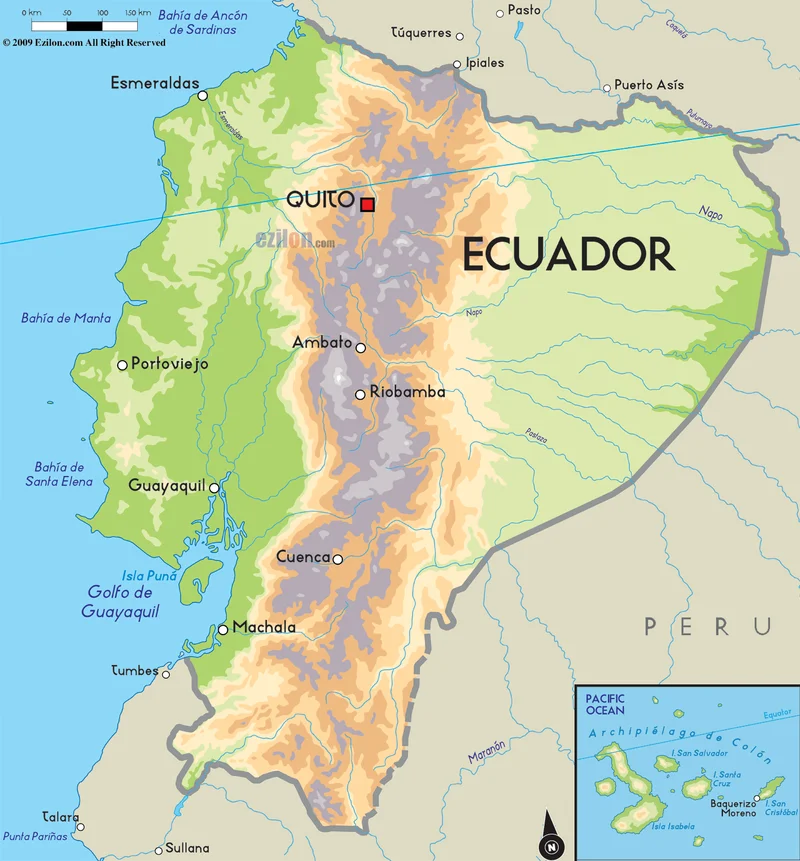U.S. Removes Tariffs on Ecuador: What's the Trade-Off?
A Temporary Reprieve or a Real Shift?
The Trump administration's decision to roll back tariffs on select goods from Argentina, Ecuador, Guatemala, and El Salvador has been met with predictable fanfare. Officials are touting lower prices on bananas, coffee, and other foodstuffs. But is this a genuine shift in trade policy, or just a short-term fix designed to patch up some political vulnerabilities? The data, as always, demands a closer look.
The move comes after Republican election defeats where cost-of-living concerns, fueled partly by Trump's own import tariffs, played a significant role. Democratic wins in New Jersey, New York, and Virginia sent a clear message: voters are feeling the pinch. The New York Times reported the administration was considering further tariff exemptions to ease prices (a tacit acknowledgement of the problem). So, the timing is undeniably political. But does that invalidate the potential economic benefits? Not necessarily.
The framework agreements aim to give U.S. firms greater access to these markets, which is a standard trade negotiation tactic. The deals also include commitments to refrain from digital services taxes on U.S. companies and remove tariffs on U.S. agricultural and industrial goods. It's a quid pro quo. We give a little, we get a little. However, the devil is always in the details. While tariffs are being removed on goods "not grown, mined, or produced in the U.S." (like Ecuadorian bananas and coffee), the framework maintains 10% tariffs on most goods from El Salvador, Guatemala, and Argentina, and 15% for imports from Ecuador. So, it's not a complete elimination, but a targeted reduction.

This raises a key question: how much will this actually impact prices for American consumers? The administration expects U.S. retailers to pass on the positive effects. Expectation is not a guarantee. Retailers are driven by profit margins. Will they genuinely lower prices, or simply absorb the tariff savings into their bottom line? I've seen enough quarterly earnings reports to know where my money is.
The Geopolitical Chessboard
Beyond the immediate economic impact, these deals are also about geopolitics. Argentina's libertarian President Javier Milei, and Ecuadorean President Daniel Noboa (who has allied himself closely with the Trump administration on anti-narcotics and migration efforts) are being rewarded for their alignment with U.S. interests. El Salvador President Nayib Bukele, never one to shy away from self-promotion, shared the announcement on X, captioning it "friends." El Salvador's ambassador in Washington, Milena Mayorga, celebrated the decision, adding that the two "sister nations" have "rebuilt their relations on the basis of trust and self-determination." (A bit flowery for my taste, but the sentiment is clear).
It's worth noting that the U.S. already had modest trade surpluses with El Salvador, Guatemala, and Argentina, and a trade deficit with Ecuador. So, the economic leverage here isn't overwhelming. This isn't about fixing a massive trade imbalance; it's about solidifying political alliances and, crucially, addressing those pesky domestic cost-of-living concerns that are hurting Republicans at the polls. Secretary of State Marco Rubio and Brazil’s Foreign Minister Mauro Vieira discussed a framework for a U.S.-Brazil trade relationship this week. Brazil's exports to the U.S. face 50% duties imposed by U.S. President Donald Trump. The administration is signaling a willingness to negotiate, but on its terms. U.S. to remove tariffs on some products from Ecuador, Argentina, Guatemala and El Salvador - CNBC. The question is, will these "framework agreements" lead to anything substantial? Or are they merely symbolic gestures designed to appease voters and reward allies? We'll need to see concrete trade data over the next few quarters to assess the real impact. Trade talks with Switzerland and Taiwan have also been positive. This is the part of the report that I find genuinely puzzling. The Trump administration has a history of making big announcements that don't always materialize into tangible results.
A Sugar Rush, Not a Sustainable Diet
The tariff rollbacks are a calculated move. They address immediate political pressures and reward geopolitical allies. But the long-term economic impact is likely to be minimal. It's a sugar rush, not a sustainable diet.
